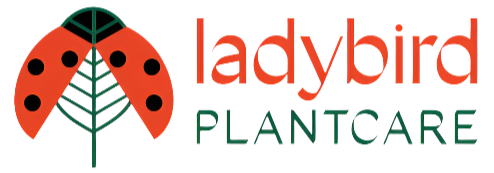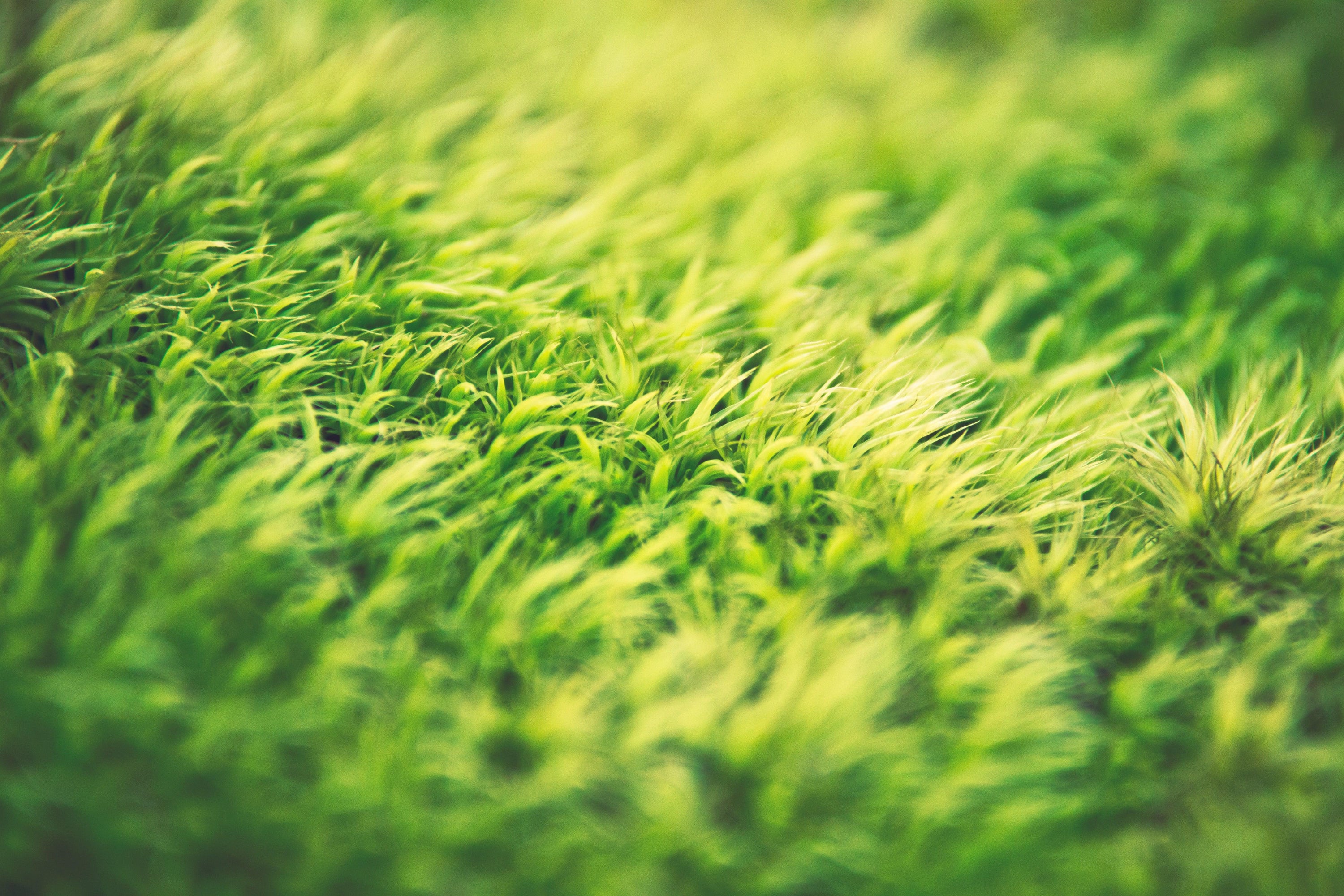Lawn Grubs.
In the spring and early summer we get lots of calls from customers with lawns suffering from damage/bald patches. There are two main pest culprits; Leatherjackets and Chafer Grubs. Know what you're dealing with? Shop Now.
Identifying a lawn grub
A great way to find the grubs without damaging the lawn is to water a patch then put some black plastic sheeting (or similar) down. This will bring the grubs to the surface for identification.
If this doesn't work but you know something is there, dig about a spade deep where the bald patch is or where you have seen birds feasting. If you find grubs use the images below to identify what you have.
 Chafer Grubs
Chafer Grubs Leatherjackets
Leatherjackets
Chafer grubs are creamy coloured with orange heads and 3 sets of legs near the head. They tend to lay curled up. Leatherjackets are grey and straight, they look a little like cigars.
You may also find Leatherjackets in your borders.
More on Leatherjackets - here
More on Chafer grubs - here
When to treat your lawn for lawn grubs.
Due to their lifecycle the best time to treat is late summer. There is also a small window in late spring where the soil is warm enough (10°C plus) and the grubs have not yet palpated. Want to know the soil temperature forecast in your area? Click here.
Here's a bit more about the lifecycle
SEPT-MAR: GRUBS
Customers see the most damage to lawns from May when the grubs are moving back up through the soil and eating ferociously (and attracting lots of birds). By this stage the grubs are big and tough and harder to treat with nematodes.
CHAFER - APRIL: PUPAE
 Chafer Pupae
Chafer Pupae
Around April the grubs enter a pre beetle stage, they become pupae and grow a hard shell. This is why we don't recommend nematode treatment in the spring, the nematodes cannot penetrate the shell of the pupae.
LEATHERJACKET - APRIL-JULY: PUPAE
 Leatherjacket Pupae
Leatherjacket Pupae
As above, this is when this creature enters it's pre adult stage.
CHAFER MAY-JUL: ADULTS

Chafer Grubs you may know the beetles as May Bugs. During the summer months the adults can be seen flying and crawling around, they mate and lay eggs in the soil. The can lay an incredible number of eggs in a very short period of time.
LEATHERJACKETS JUL & AUG: ADULTS

Leatherjackets you will know as Crane Fly. They emerge from the ground, a gangly clumsy Daddy Longlegs. These strange creatures mostly emerge, mate, lay eggs and die all in one evening.
Interesting fact - the Crane Fly does not eat during this stage so does not even have a mouth!
AUG-OCT: EGGS & GRUBS
The grubs hatch into the warm moist autumn soil and start to feed and grow. As the soil temperature drops they burrow further underground. It is essential to treat at this stage when they are young and near the surface.
If you still can't decide what to do just email plantcare@ladybirdplantcare.co.uk.


